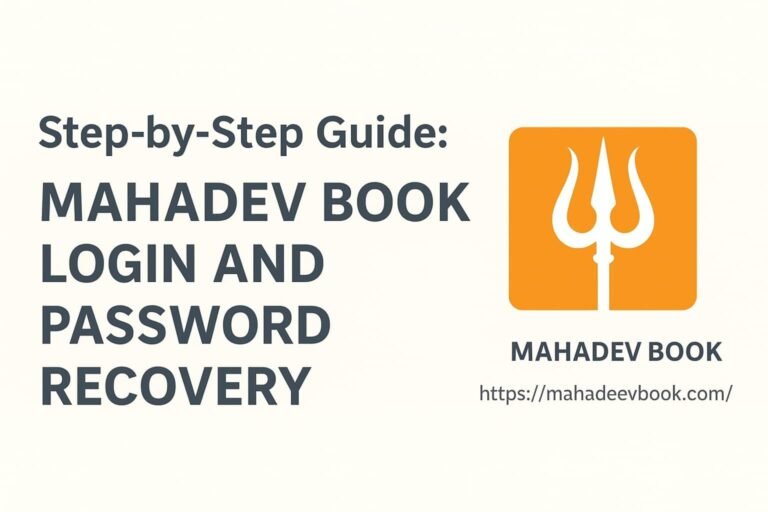Tax planning is one of the most effective ways to reduce financial stress and retain more of your hard-earned income. In India, the Income Tax Act provides several exemptions and deductions designed to promote savings, investments, and responsible spending. However, it’s important to distinguish between legal tax planning and tax evasion, which can attract penalties and damage your financial credibility.
For individuals and businesses alike, understanding the available provisions and using them wisely is the key to optimizing finances. Many professionals rely on expert guidance such as domestic taxation services in delhi to ensure they maximize exemptions while staying fully compliant with the law. Let’s explore how you can plan for tax exemptions legally.
Understanding the Concept of Tax Exemptions
Tax exemptions are specific provisions that allow a portion of your income to be excluded from taxation. These are legally recognized benefits provided by the government to encourage behaviors such as investment in retirement funds, health insurance, or education. Unlike tax evasion, which is illegal, exemptions are lawful tools designed to reduce tax burdens.
Leverage Section 80C Benefits
One of the most popular avenues for exemptions is Section 80C of the Income Tax Act. Individuals can claim up to ₹1.5 lakh annually by investing in options such as:
-
Life insurance premiums
-
Employee Provident Fund (EPF) or Public Provident Fund (PPF)
-
Equity Linked Savings Scheme (ELSS)
-
Home loan principal repayment
-
Tuition fees for children
By strategically investing in these, taxpayers can legally reduce taxable income while simultaneously building wealth.
Utilize Health-Related Exemptions
Medical expenses can be significant, but certain tax benefits help reduce the financial load. Under Section 80D, premiums paid for health insurance policies for self, family, and parents are deductible. Additional benefits are available for senior citizens. Similarly, exemptions exist for expenses on critical illness treatments under other provisions of the Act.
Home Loan and Housing Benefits
Buying a house can bring dual tax benefits:
-
Under Section 24(b), interest paid on a home loan is deductible.
-
Under Section 80C, principal repayment qualifies for exemption.
These exemptions not only reduce taxes but also encourage home ownership, making it a win-win situation for taxpayers.
Education-Related Deductions
Exemptions are also available for education loans under Section 80E. Interest paid on education loans for self, spouse, or children can be claimed for up to eight consecutive years. This provides financial relief to families while supporting higher education.
HRA and Allowance Benefits
For salaried individuals, House Rent Allowance (HRA) is a major exemption. Depending on salary structure and rent paid, employees can claim substantial deductions. Similarly, travel allowances and other specific benefits may also qualify for exemptions if properly documented.
Invest in Retirement and Social Security
Contributions to schemes like the National Pension System (NPS) provide exemptions under Section 80CCD(1B), allowing additional savings over and above Section 80C limits. Such exemptions help secure retirement while reducing tax liability.
Why Legal Planning Matters
While exemptions provide opportunities to reduce taxes, misuse or overstatement can lead to scrutiny and penalties. Legal planning ensures you:
-
Stay compliant with all regulations.
-
Avoid penalties or reputational risks.
-
Optimize wealth creation through tax-friendly investments.
Final Thoughts
Tax exemptions are not loopholes but purposeful benefits designed to encourage savings, investments, and responsible financial planning. By understanding provisions under different sections of the Income Tax Act and applying them strategically, taxpayers can significantly reduce their liability without crossing into illegal practices.
The key lies in proactive planning, accurate documentation, and compliance. With professional guidance and the right approach, tax exemptions can become a powerful tool to improve financial health while staying on the right side of the law.





